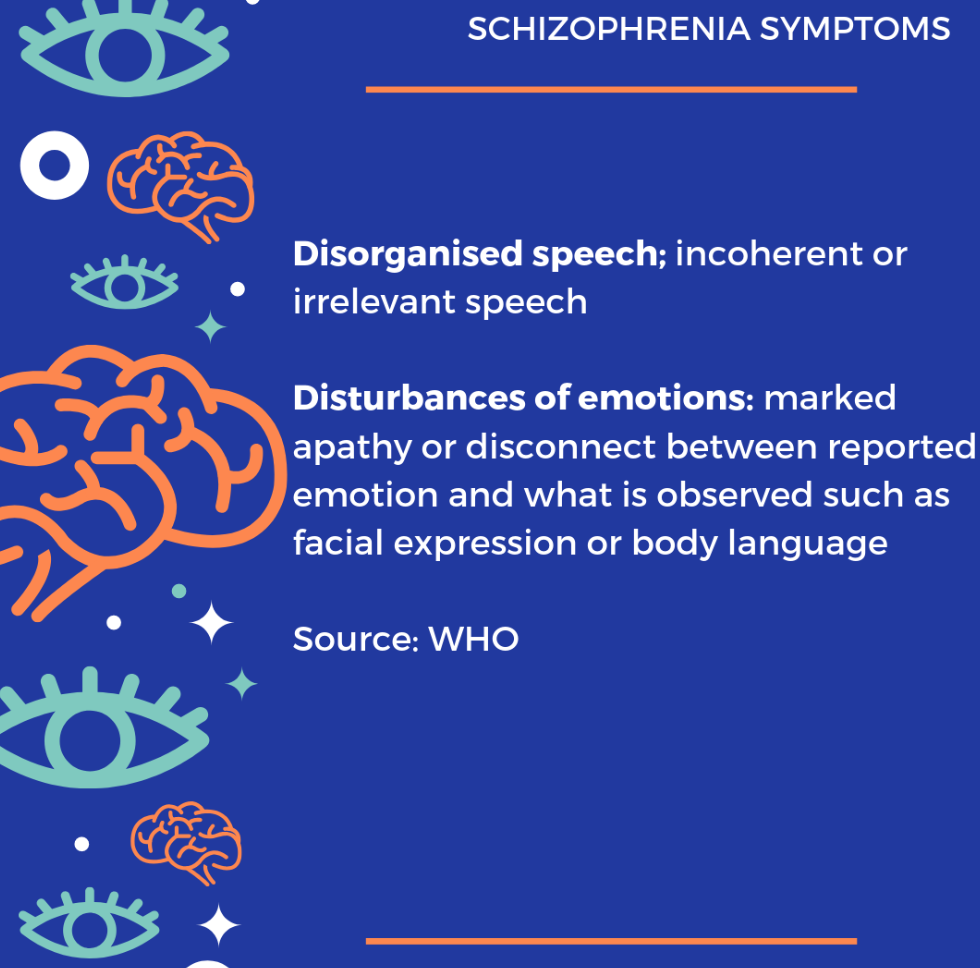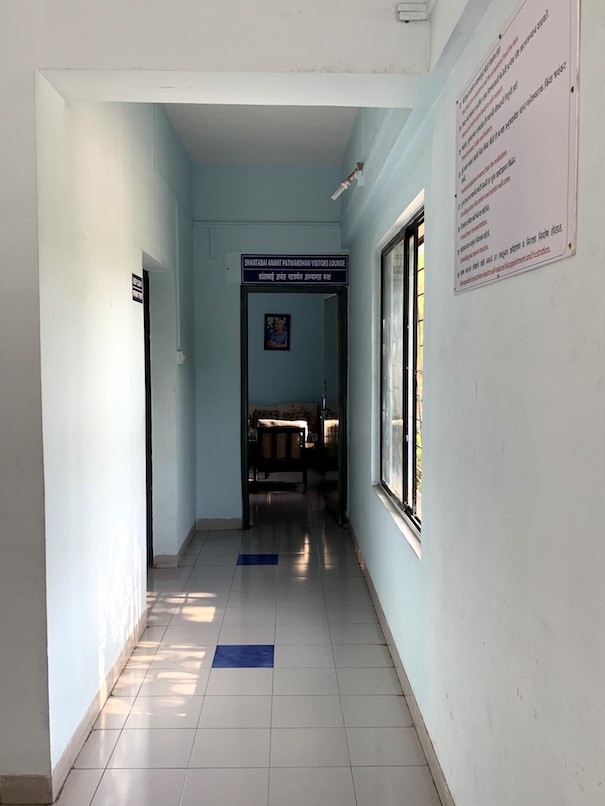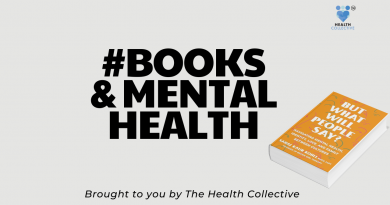Ground Report: Pune’s Schizophrenia Awareness Association Centre
By Sukanya Sharma
Pune-based Anshul Mehta* (Name changed) tells The Health Collective about his daughter, who was diagnosed with schizophrenia.
मेरी बेटी की जो शुरुआत हो गयी…इस बीमारी की, हमें पता नहीं चला। वो स्कूल में थोड़ी स्लो लर्नर हो गयी थी, और उसने एक कक्षा पास करने के लिए दो साल लगाए…१०th में हमने कहा की तुम्हें तयारी अछी करनी चाहिये, और उसने बोला “हाँ, हाँ मैं करूँगी…” क़ह कर उसको चक्कर आगए! उसके सिम्प्टम्ज़ थोड़े थोड़े बढ़ने लगें, और हमें हॉस्पिटल जाना पड़ा तो डॉक्टर ने बताया की यह फ़िज़िकल नहीं, मेंटली अन्फ़िट हैं |
“We didn’t realise when this illness started for our daughter. She gradually became a slow learner at school, and took 2 years to finish a class. In the 10th standard, we told her she should prepare well. She responded that she would but…she got a fit and fainted. These symptoms slowly kept increasing and we would have to admit her to the hospital often. The doctor after careful analysis then told us that this is not physical, but a mental illness…”
I met Mehta* (name changed) at the Schizophrenia Awareness Association (SAA) in Pune. He comes to the SAA centre, a day care rehabilitation centre for people diagnosed with schizophrenia, twice a day — first to drop off, then to pick up his daughter, who is now 30 years old.
ALSO READ: DR TARA FROM SCARF ON SCHIZOPHRENIA, STIGMA AND CONVERSATIONS
According to the WHO, Schizophrenia is a: “chronic and severe mental disorder affecting more than 21 million people worldwide.” Their fact sheet goes on to note: “Schizophrenia is characterised by distortions in thinking, perception, emotions, language, sense of self and behaviour. Common experiences include hallucinations – hearing voices or seeing things that are not there and delusions – fixed, false beliefs.”
ALSO READ: YOUR STORIES: LIVING WITH SCHIZOPHRENIA
The cause of schizophrenia has still not been identified, but research suggests it is not just one factor, but an interaction between genes and a variety of environmental factors. It is more common among males than females. “Schizophrenia is associated with considerable disability and may affect educational and occupational performance. People with schizophrenia are 2-3 times more likely to die early than the general population. This is often due to physical illnesses, such as cardiovascular, metabolic and infectious diseases,” says the WHO fact sheet.


Back in Pune, senior psychologist Kadambari Kulkarni tells The Health Collective that at SAA, the patients are called shubharthi and the caregivers are called shubhankar. “यहाँ ४० शुभारथी है, और हम रोज़ उन्हें उनकी पसंदीदा activities में involve रखते हैं, और उन्हें एक independent ज़िंदगी जीने के स्क़िल्ल्स सिखाते हैं…” she says, “There are 40 patients and we keep them engaged in activities that they like. We teach them some skills to lead an independent life.”
From cooking lessons, to stitching, yoga, to reading and writing, all are activities to keep the mind occupied and to help foster skills that can help with an independent life.
हम रोज़ सुबह ग्रूप को कम्पल्सरी न्यूज़ पेपर रीडिंग कराते हैं… she tells us. “Every morning there’s a compulsory activity of reading the newspaper.” As a symptom of schizophrenia is that of false beliefs or delusions, at the centre they feel it’s important to keep letting patients know about daily events, their surroundings, and current events. Keeping in touch with reality is what is important, she feels.
Every year on World Schizophrenia Awareness Day on May 24th, this organisation conducts events, and rallies across the city to make people more aware about this illness, and how there are ways to help stabilise a patient, and help them live an independent life. This is done in memory and tribute to the late Aditya Pendse, who lived with schizophrenia before his death by suicide.
Editor’ Note: If you or anyone you know ever feels alone or desperate or at risk of suicide to reach out immediately for professional help. There are some suicide helplines available.
Pendse left his wealth to SAA in aid of others living with mental illnesses, The Mariwala Health Initiative informs the Health Collective, adding that that they fund an Art-based Therapy program at the SAA centre.
ALSO READ: RESHMA VALLIAPPAN: AUTHOR OF FALLEN, STANDING
But we need to do more, collectively. As the WHO notes, globally, “Stigma, discrimination and violation of human rights of people with schizophrenia is common.”
Stigma is something that we can all work towards lifting. Sometimes, the solution really does start with us. As The Hindustan Times reported in August 2018, an SAA survey of 1,500 college students, between the ages of 18-22 found that 70% admitted to using derogatory terms for those with mental illness.
We ask Kulkarni about what can we do to remove stigma around this illness, and she highlights three points for everyone to keep in mind:
- Early identification and medications for early recovery
- Acceptance of illness is necessary for recovery and reduce rejection
- Social integration is important for empowerment of mentally ill patient

It is an assumption that people with schizophrenia cannot be treated, but experts say we must make people aware that treatment with medication and psychosocial support is effective. Mehta* tells us that life has been much easier for him and his daughter, after they started coming to SAA a year ago. He gets some time to himself during the day without having to constantly worry about her.
At SAA, there are three self-help group meetings conducted every month for Shubharthi and Shubhankar both where the participants can openly talk about their experiences, triggers, how they cope, what tools they use.
Things aren’t always easy to work through. Mehta* tells The Health Collective that he does not allow his daughter to go out alone because there have been instances where she has been chased by strangers. Her only social life is going to the SAA centre during the day, and then coming back home to spend time with her family. But that leads to its own issues.
“हम उसको बाहर नहीं जाने देते थे, क्यूँकि हमें डर था उसके भोलेपन का कोई disadvantage ना लें। वो अंदर ही अंदर घुटने लगी और कभी कभी violent भी हो जाती थीं। चीज़ें तोड़ना या ख़ुद को हानि पहुँचाना। एक बार उसने बहुत सारी दवाई खा ली और हमें उसे ICU में अड्मिट करना पड़ा |”
He says,”We didn’t let her go out alone because we were afraid that her innocence could be taken advantage of. Staying indoors made her uncomfortable and she would also get violent some days. She would throw and break things, or hurt herself. One day she took a bottle of pills and we had to go to the ICU (to get her stomach pumped).”
The psychologist, Kulkarni, informs us about the regular counselling sessions with these shubhartis that help them understand progress being made.
I ask Mehta how he copes with the stress of being a caregiver.
“बच्चों के वजह से समाज के साथ कोई relationship नहीं है… लोग आते नहीं है घर पे। लेकिन इसका कुछ इलाज नहीं है…लोगों से ग़ुस्सा करने से भी फ़ायदा नहीं है… क्यूँकि सारी दुनिया तो मतलब के साथ ही है…उनका मतलब हो गया तो सारे ख़ुश है। उनका मतलब नहीं है तो कोई अप्ने से ना ही दोस्ती रखेगा ना ही कोई relationship रखेगा…” he says. “Because of my kids (he has another child who stays home), I don’t have a social life. People don’t come home…but there’s no solution for this. What’s the point of being angry at people? It’s a world of give and take. If you can’t give something to someone, they will not maintain a relationship with you…”
After his wife passed away recently of a heart attack, Mehta gets help from his sisters to take care of his children. He’s retired and has taken up painting as a hobby, whereby he gets to meet other artists and sometimes shares his stories with them.
(*Name changed to protect identity)
Disclaimer: Views expressed are personal. Material on The Health Collective cannot substitute for expert advice from a trained professional.
Feature Image by rawpixel.com


